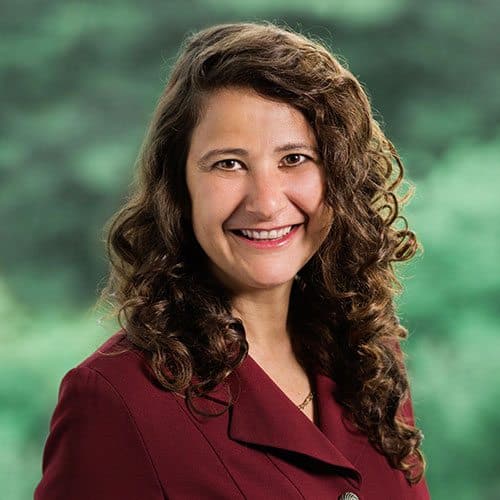 In the past, innocent participants paid the price for their employers’ mistakes
In the past, innocent participants paid the price for their employers’ mistakes
In our previous blog Give it BACK!!!”…”No!”…”OK, Keep It!, we described how the previous law required retirement plan fiduciaries to take reasonable action to recover any overpayment of plan benefits, even when the overpayment is generally the employer’s fault. Reasonable action meant an attempt to obtain reimbursement from the participant and beneficiaries or reducing future monthly benefits for participants in a pension plan, or for the employer to contribute the overpayment amount to the plan’s forfeiture account. All three alternatives were often impractical or unfair.
In the case of defined contribution plans, participants had already spent the money when the unexpected request for reimbursement came. If they had already rolled over the funds to an IRA, the employer had to inform them that the rollover was an excess contribution to the IRA, since the funds were not an eligible distribution in the first place. Pension recipients whose fixed income is often tight, would be informed out-of-the-blue that their monthly income would be reduced to adjust for a mathematical error they often cannot even understand. Again, the tax reporting challenges, the inconvenience, the cost of an employer-funded restitution to the plan, and the potential excess contribution penalties for rollovers were administratively challenging, inconvenient, costly, and potentially unfair to the unsuspecting participant as well as the plan sponsor.
Better Solutions Ahead
Fortunately, SECURE 2.0 offers relief to both the plan sponsor and the affected participants who received an “inadvertent benefit overpayment.” To be eligible for relief, the error must involve a distribution of funds that were allowed to be in the plan. Distributions of amounts that exceeded a plan limit, such as the maximum elective deferral or the maximum annual addition to a participant’s account, are not eligible for this relief. The overpayment must have been an honest mistake, such as a miscalculation of vesting, an ineligible in-service distribution to an active participant, a distribution from an ineligible source, or other such oversight.
To protect both the plan sponsor and the participant, SECURE 2.0 provides that when there is an “inadvertent benefit overpayment”:
- The plan cannot seek a reimbursement from the participant’s surviving spouse, former spouse, or any other death beneficiary.
- No reimbursement can be sought if the overpayment (or the first of a series of overpayments) was made more than three years before the participant is given notice of the overpayment.
- Unrecovered reimbursements are “eligible rollover distributions” to an IRA or other retirement plan.
- Plan fiduciaries are relieved of the duty to seek recovery of benefit overpayments, but if it is their choice, they can seek reimbursement of the original amount of the overpayment, without a gross up for interest or other fees.
- A retirement plan sponsor is not required to make a “corrective contribution” to reimburse defined contribution retirement plans unless the amount of the overpayment negatively affects other participants’ account balances.
You Don’t Have to Fix It Does Not Mean You Can Break It on Purpose
In some cases, plan sponsors who care about their employees on a personal level are motivated to authorize ineligible distributions in a time of need. When this is the case, we strongly advise the use of the new SECURE 2.0 in-service distribution opportunities discussed in our blog, SECURE 2.0: New, Penalty-Free Distributions. Overpayment relief is available only for inadvertent mistakes. Just remember that word gets around, and one disregarded rule leads to another one….just to be fair. Through SECURE 2.0, there is likely a legitimate way to find a win-win solution.
